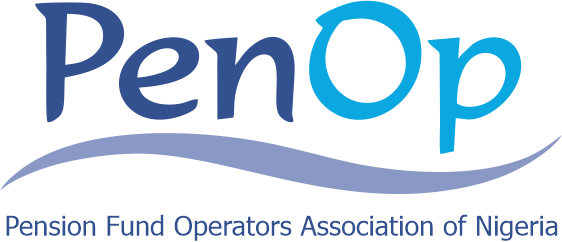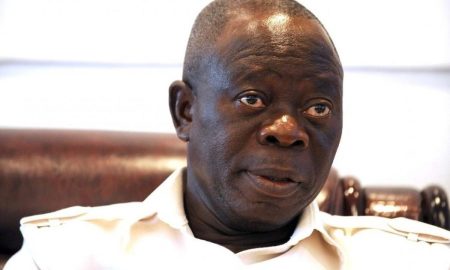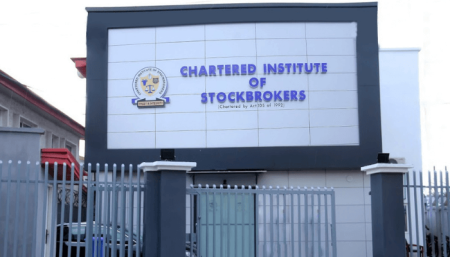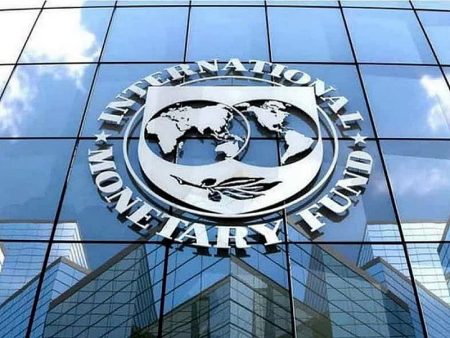Standardizing ESG Reporting: A Game-Changer for Nigeria’s Pension Industry
The Nigerian pension industry is poised for a significant transformation with the impending standardization of Environmental, Social, and Governance (ESG) reporting. Oguche Agudah, CEO of the Pension Fund Operators Association of Nigeria (PenOp), emphasized the importance of this development during a high-level roundtable discussion in Lagos. This move, facilitated by a collaboration with a development finance institution (DFI), will require Pension Fund Administrators (PFAs) to incorporate comprehensive ESG disclosures in their annual reports. This standardization promises to enhance transparency, build public trust, and align Nigeria’s pension sector with global best practices. Agudah believes this shift will be a “game-changer,” enabling more informed investment decisions and promoting responsible investing within the industry.
Currently, Nigerian pension funds face criticism for a perceived lack of transparency in their investment strategies. While some funds have independently adopted ESG principles, the lack of a unified framework has created inconsistencies and penalized early adopters. The planned standardized framework, developed in conjunction with the DFI, will address this issue by establishing a common set of metrics and reporting requirements for all PFAs. This will not only level the playing field but also facilitate easier comparison and evaluation of pension funds based on their ESG performance. This increased transparency is expected to bolster investor confidence and encourage greater engagement between pension contributors and their fund managers.
The push for standardization within Nigeria aligns with a broader global movement towards responsible investing, particularly within Africa. Agudah highlighted the numerous ESG reporting models emerging across the continent and emphasized the need for a unified African standard. As a member of the Governing Council of the Pan-African Fund Managing Association, he is actively involved in these discussions. The harmonization of reporting practices across Africa will not only simplify cross-border investments but also contribute to a more robust and sustainable financial ecosystem across the continent. By adopting a unified framework, Nigerian pension funds will be better positioned to attract international investments and participate in global impact investing initiatives.
Beyond standardized reporting, Agudah stressed the importance of increased engagement between pension contributors and their PFAs. Currently, many contributors remain unaware of the specific investments held within their pension portfolios. Agudah encouraged contributors to actively engage with their PFAs, demanding greater transparency and understanding of investment strategies. This increased scrutiny will further incentivize PFAs to prioritize sustainable and impactful investments. The combined effect of standardized reporting and increased contributor engagement will cultivate a more dynamic and accountable pension industry, driving positive change within the Nigerian economy.
However, regulatory hurdles remain a significant challenge. Ibukun Awosika, Chair of GSG Nigeria Partner and Vice Chair of GSG Impact, lamented the restrictive investment policies governing pension funds, hindering their potential to contribute significantly to the impact investing ecosystem. She emphasized the need for innovative, localized solutions to overcome these limitations and unlock the vast potential of pension funds to drive sustainable development within Nigeria. These restrictive regulations, while intended to protect contributors’ funds, can inadvertently stifle innovation and limit the flow of capital to impactful investments.
Echoing Awosika’s concerns, Tosin Ojo of Sahel Capital pointed out that regulations designed by the Securities and Exchange Commission (SEC) to filter out unscrupulous actors have created unintended bottlenecks. These restrictions affect not only the pension funds but also the broader capital market, hindering the flow of capital to Small and Medium Enterprises (SMEs). The call for closer collaboration between regulators, including SEC and PenCom (National Pension Commission), and impact investors is crucial to finding a balance between protecting investors and fostering a vibrant, impactful investment landscape. This dialogue can lead to more flexible regulations that support responsible investing while mitigating risks. Ultimately, the roundtable discussion highlighted the urgent need for supportive government policies to unlock capital for SMEs and facilitate the growth of the impact investing sector in Nigeria. The pension industry, with its substantial assets, has the potential to play a pivotal role in this transformation, but regulatory reform is essential to unleash its full potential.














